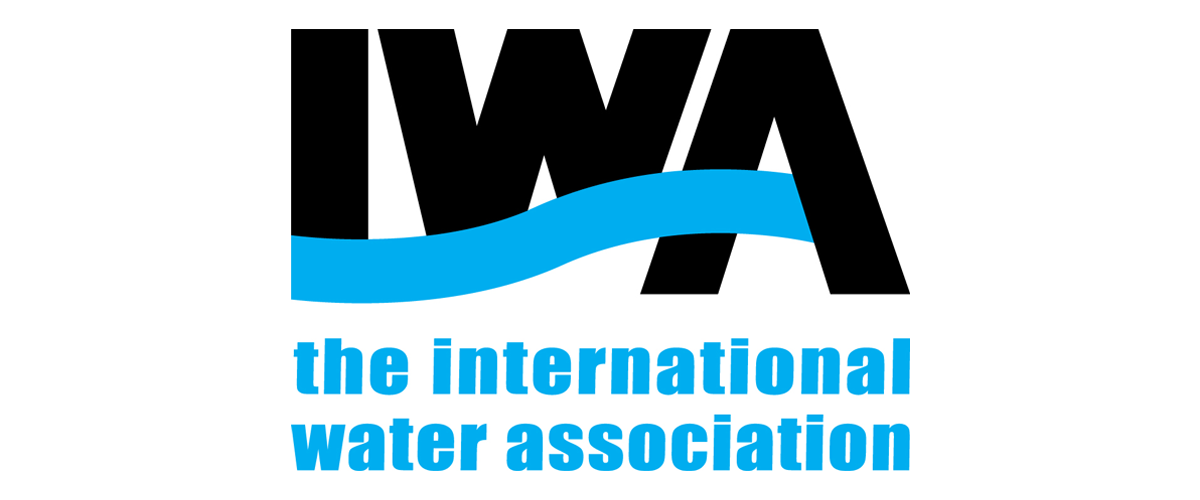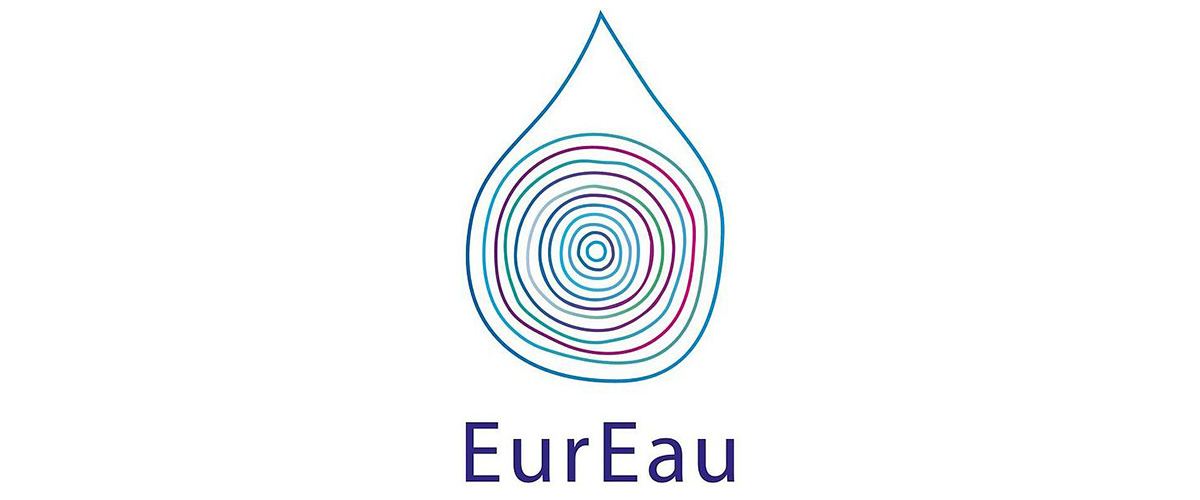Back to Romanian

The D-CLEAN project aims to address the pressing issue of wastewater (WW) and stormwater (SW) pollution in the Danube River Basin (DRB) by raising awareness, building capacities, and identifying, testing, and showcasing practical solutions. Our goal is to improve water quality within the Danube Basin by promoting the use of sustainable wastewater and stormwater management practices in the context of ongoing climate change, while providing stakeholders with the necessary tools.
The European Union’s ambitious water policy—reflected in the revised Urban Wastewater Treatment Directive and the Water Framework Directive—will require substantial investments in wastewater infrastructure in the near future. This initiative aims to raise wastewater treatment standards at a time when many countries in the Danube Basin are still struggling to meet the requirements of the previous version of the directive, particularly in small settlements, which significantly contribute to the pollution of water bodies in the region.
Through various local media channels, we aim to create a movement of support and awareness at both community and regional levels regarding issues related to water, the circular economy, and sustainable development.
Our approach focuses on creating a clear and coherent framework designed to facilitate and support wastewater and stormwater management in small settlements. We promote nature-based solutions (NBS) tailored to local specificities, offering a sustainable alternative with multiple benefits—ecological, social, and economic—for the entire Danube Basin. The project places special emphasis on knowledge transfer, capacity building, and an integrated approach aimed at supporting decision-makers and practitioners in the field.
In light of the common challenges related to sustainable wastewater and stormwater management, transnational cooperation becomes increasingly important. By bringing together expertise and available resources, we aim to reduce the impact of diffuse pollution and to expand the use of nature-based solutions (NBS)—an innovative approach with real potential to address regional problems. This transnational collaboration creates a valuable framework for experience exchange, mutual learning, and the testing and dissemination of effective solutions, encouraging a process of collective learning and joint development.
The project results will be based on pilot actions carried out in various geographic areas of the Danube Basin—including the Sava, Drava-Mura, Tisza, and Timiș river basins—where solutions will be developed and tested in specific local contexts. Based on these experiences, a practical guide for wastewater and stormwater management in the Danube region will be developed, along with a transnational strategy for sustainable management. These results will provide concrete recommendations, technical guidelines, and direct support for competent authorities and practitioners involved in the development of national strategies for small settlements.
The project will also include professional training activities—through specialized courses, educational materials, webinars, and the creation of a knowledge hub—designed to foster the exchange of good practices and strengthen institutional capacities. All these efforts will be supported by a comprehensive and well-targeted communication and dissemination strategy, aimed at ensuring real impact both beyond the project partnership and beyond its implementation timeframe. In this way, the developed solutions and strategies can be widely adopted and applied, directly contributing to the increased capacity of organizations to manage wastewater and stormwater effectively.
More information about the project is available on the official website: https://interreg-danube.eu/projects/d-clean




